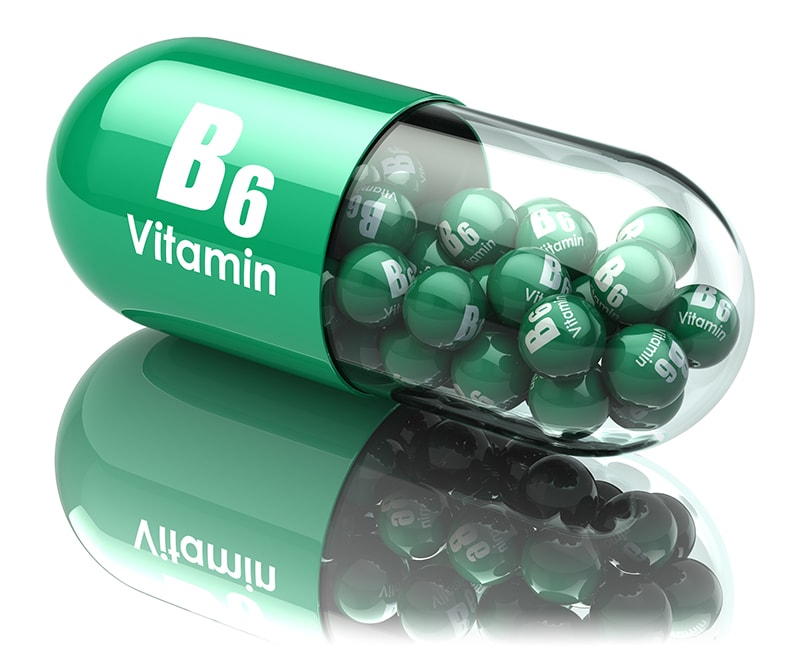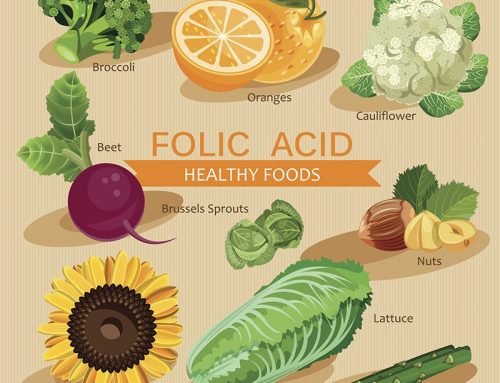Vitamin B6 was a topic that used to get Robert Atkins, MD—of Atkins Diet fame—piping mad. He felt it was an outstanding example of how divorced the dietary policy makers at the FDA were from what the latest research was saying.
Half tongue-in-cheek, he called Vitamin B6 “the most essential B vitamin”, and thought the government recommendations for daily intake were laughably small. And even so, he felt, the average person was “alarmingly deficient” in this important nutrient.
He may have been right. Vitamin B6 is involved in more than 100 metabolic operations. Along with folic acid and vitamin B12, it’s one of a trio of B vitamins that can bring down blood levels of homocysteine, an inflammatory marker that increases the risk of stroke and heart disease. But B6 may help the heart in other ways, apart from its ability to lower homocysteine. One study found that low B6 levels were an independent risk factor for coronary artery disease.
B6 has a particular role in women’s health. It helps convert estradiol—one of the three forms of estrogen—into estriol, which is the least carcinogenic of the estrogens. Many women who have an overgrowth of the Candida albicans yeast don’t metabolize B6 properly—their bodies can’t convert it into the active form (pyridoxal-5-phosphate). Pregnancy depletes B6, and so do birth control pills.
And because B6 is needed to convert tryptophan into serotonin, it’s very important for mood. Most functional medicine practitioners I know that treat depression with nutritional supplements almost always include B6 in their recommendations.














Came down with rheum arthritis immediately after having my son. Wonder if b6 depletion had much to do with it.